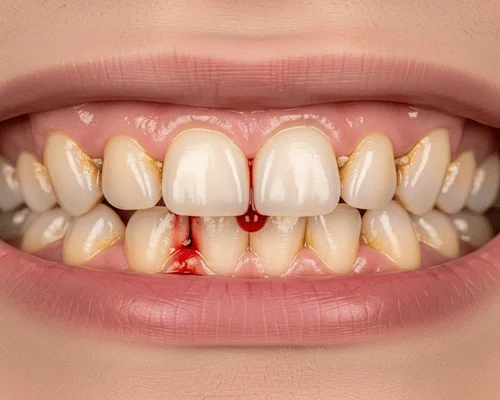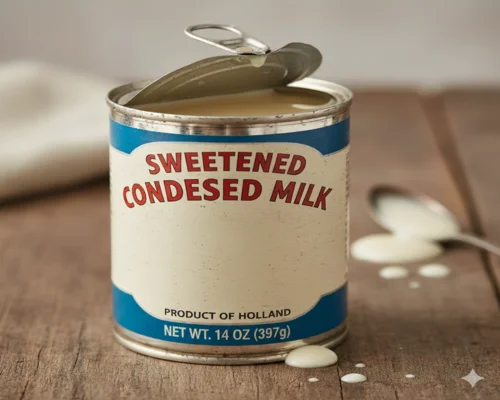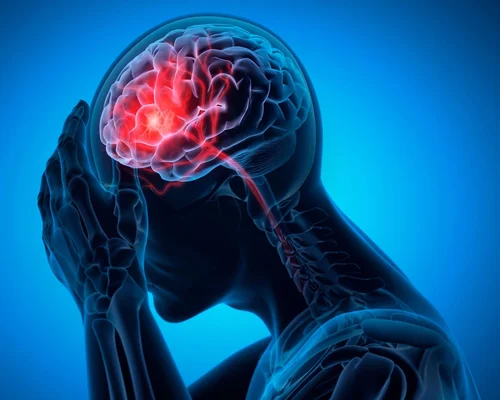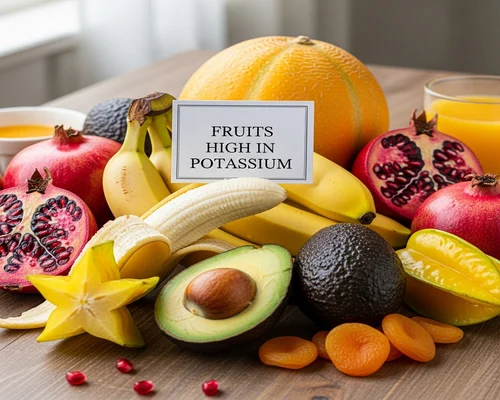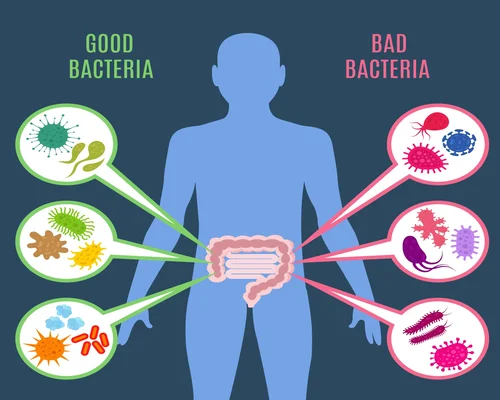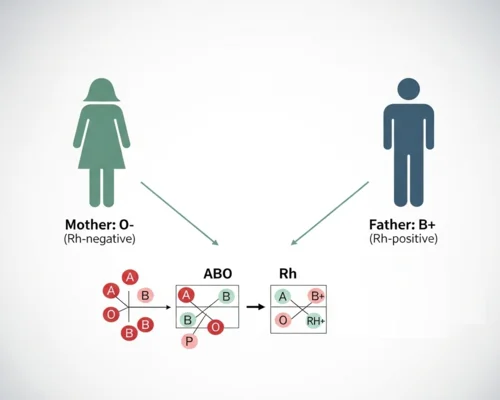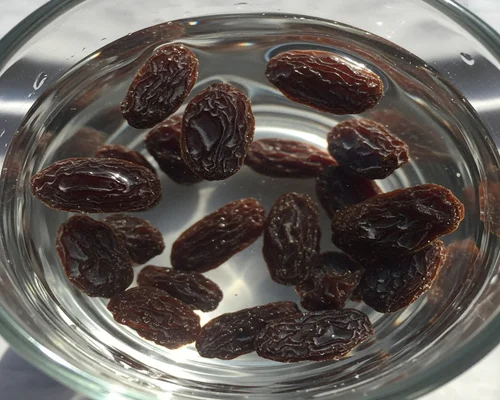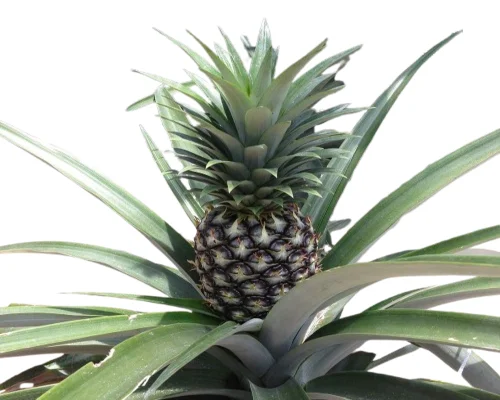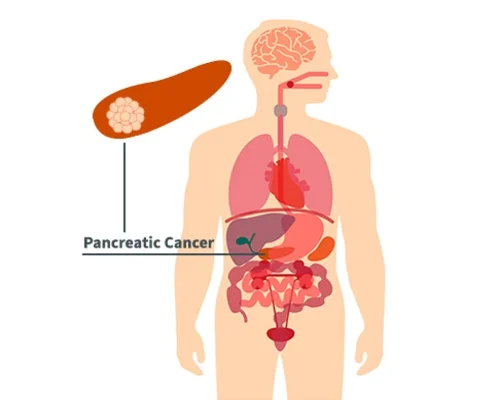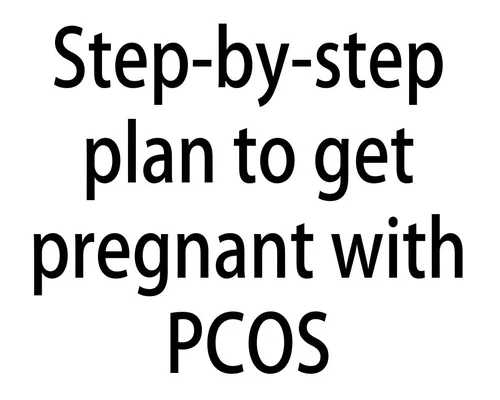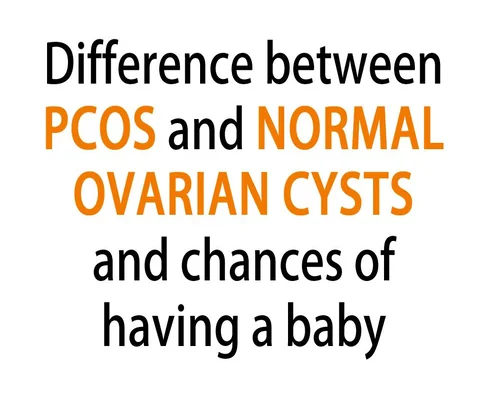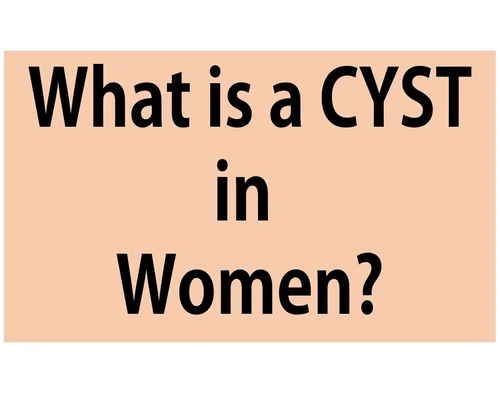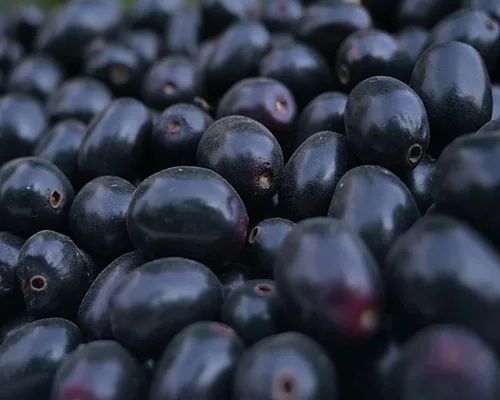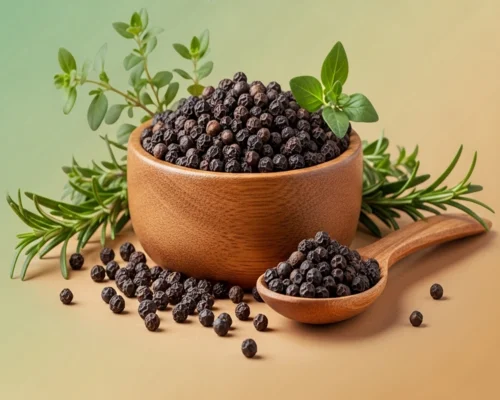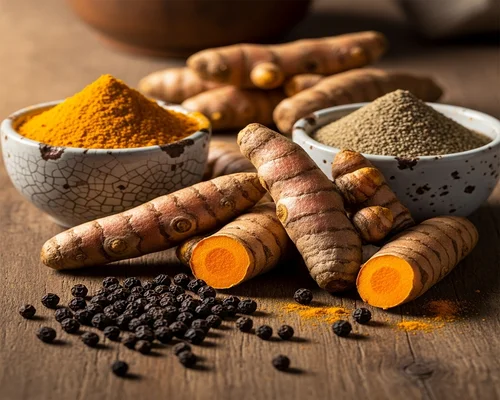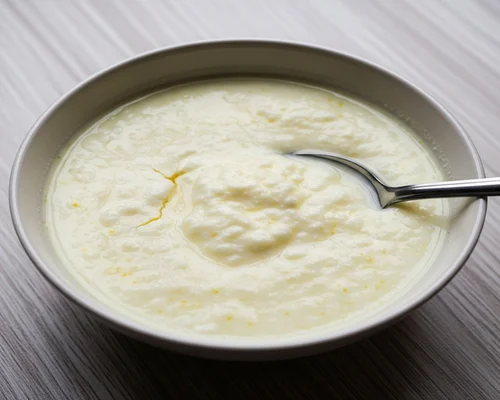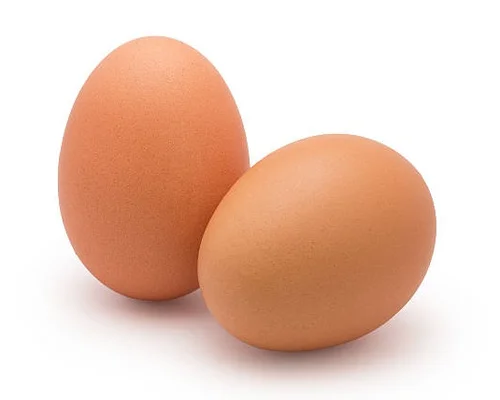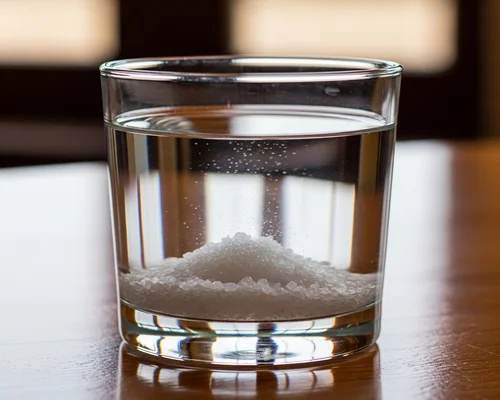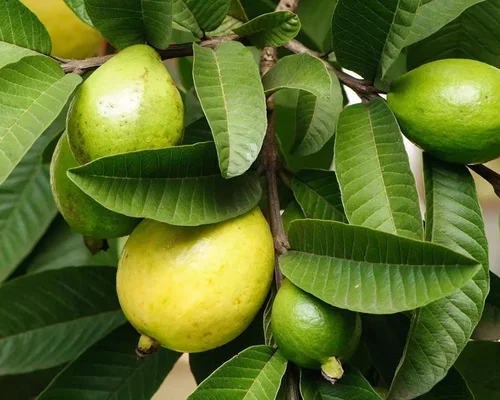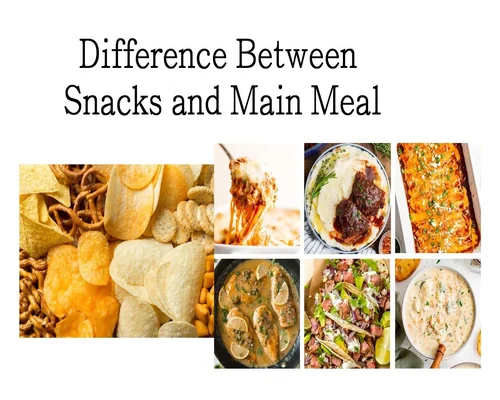
Difference between snacks and main meal
Difference between snacks and main meal
The main difference between main meals and snacks is their size, duration, and nutrient density. Main meals are usually large and eaten at a specific time, whereas snacks are small and eaten frequently. Main meals usually include a balanced diet that provides the body with the nutrients it needs, while snacks are often considered light meals or quick energy-boosting foods.
Here are some more differences between the two concepts:
Main Meal:
A main meal is usually a balanced diet that provides all the nutrients the body needs, such as carbohydrates, proteins, fats, vitamins, and minerals.
They are usually eaten at a specific time, such as breakfast, lunch, or dinner.
They are usually eaten in a specific social or cultural context, such as with family or friends.
They are usually large in size and are considered a complete meal.
Snacks:
Snacks are usually small meals that are eaten between main meals to satisfy hunger.
These are usually quick energy-giving foods, such as fruit, nuts, or yogurt.
They are often eaten informally and can be eaten at any time.
They may be less nutritious than main meals.
In short, a main meal is a balanced and complete meal eaten at a specific time, while a snack is a small-sized meal eaten to satisfy hunger or provide a quick energy boost.
Differences between snacks and main meals
Snacks and main meals – There are several important differences between these two types of meals in terms of timing, nutrition, quantity, and purpose. The following is a simple explanation:
Main Meal
Explanation
Purpose: To provide the body with the necessary nutrients and energy
Time: 2-3 times a day (morning, noon, night)
Ingredients: Carbohydrates, proteins, fats, fiber, vitamins, minerals
Quantity: Relatively high
Example: Rice + pulses + fish/meat + vegetables + salad or bread + vegetables + eggs
Snacks
Explanation
Purpose: To satisfy hunger and provide energy between meals
Time: 2 times between main meals (morning and afternoon)
Ingredients: Light and quickly digestible food; low calorie
Quantity: Small or medium amount
Example: Banana, apple, almonds, yogurt, boiled eggs, baked chips, soup
Healthy advice:
Snacks should not be too oily or processed.
It is not healthy to rely only on snacks while skipping the main meal.
A balance must be maintained between the two.

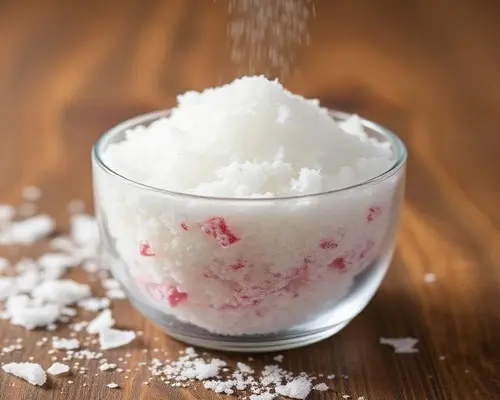
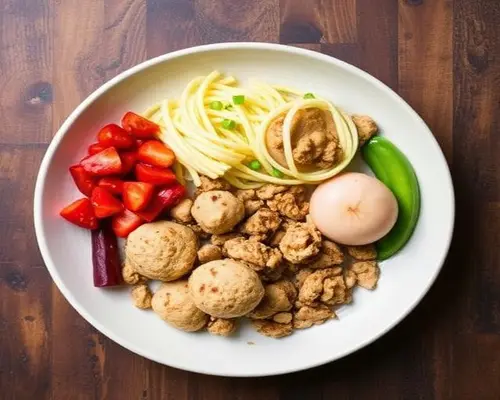
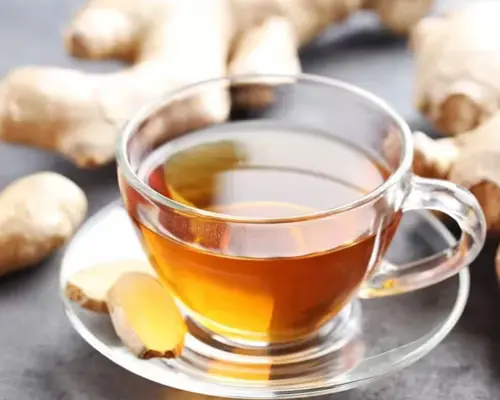
-vegetable.webp)
